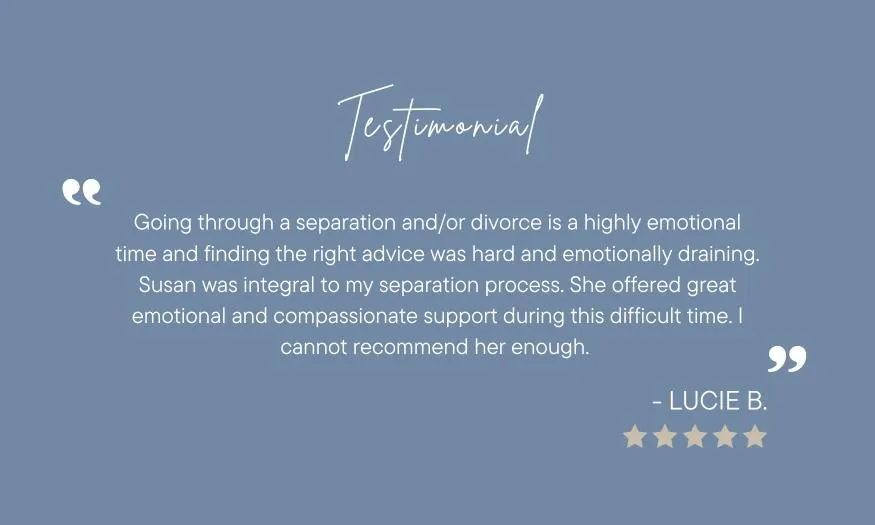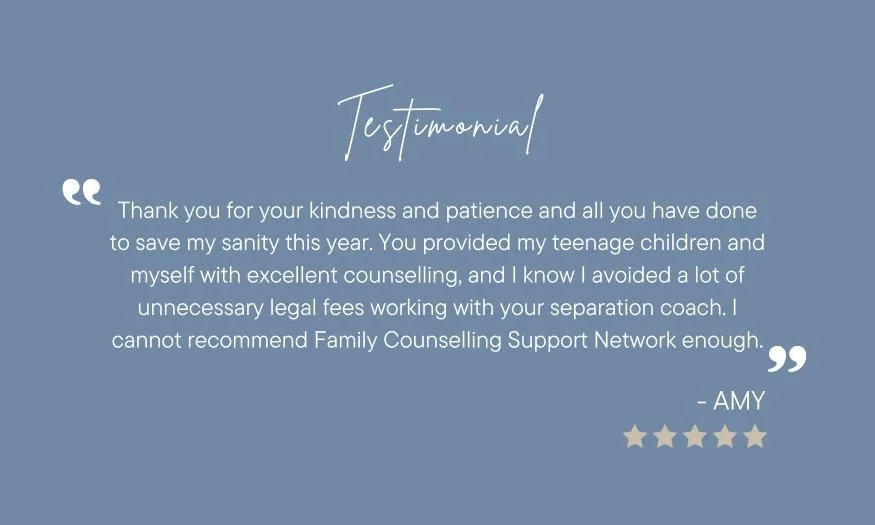Adult Individual Counselling & Therapy
Life can be emotionally and physically overwhelming at times and often the most challenging part can be the sense of feeling lost in a cycle of over-thinking, frustration and self-doubt.
While the love and support from family and friends is critical, they may not have the tools or objectivity to address the complexities to best support you. Expert guidance from a professional counsellor or psychologist can support healing and assist in defining the next steps to move forward.
We offer in-person appointments in Brisbane and via Zoom sessions so we can still work together and achieve wonderful results.
Our individual sessions for Adults specifically tackle many of the following issues:
Deciding whether to stay or leave a relationship
Communicating difficult news to children
Overwhelming guilt, hopelessness, or self-esteem issues
Anxiety, stress, depression
Grief
Loneliness
Becoming UN-stuck
Finding love, learning to trust and dating support
Managing big emotions
Emotional resilence, identifying triggers and setting your boundaries
Co-parenting and parenting challenges
Post natal support
Peri-menopause and Menopause support
Sleep help
Teen Counselling & Therapy
Our Psychologists offer crucial support to teens dealing with the challenges of adolescence, family, school, work, relationships and life in general. We offer personalised care to help teenagers navigate mental health, emotional and social difficulties. With qualifications in psychology and education and as parents to our teens, our psychologists and counsellors are well equipped to provide the support you need.
Healthy outlets for Emotions
Anxiety or Excessive Worry
Improved Parent-Teen Communication
Positive Mindset Changes
Building Self Esteem and Resilience
Managing big emotions and self-regulating
Major Life Changes
Family Break-ups
Grief
Child (13 years and under)
Counselling & Therapy
As a former educator, and now registered psychologist, parent to three children/teens, and a widow, Sherry brings so much incredible practical and therapeutic knowledge to the sessions to really help children and teens who are needing additional support and to help work with her client, and their families, to develop really effective solutions.
We aim to help children and teens to work through their emotions and stressful times themselves so that they can develop into adults with a really effective toolkit to deal with life's challenges.
Our individual sessions specifically tackle many of the following issues:
Dealing with the big emotions - anger, moods, sadness
Building resilience
Anxiety and stress
Communicating and strengthening social relationships
Dealing with grief
Family relationship breakdown
Self-esteem and confidence issues
Connecting with family
Questions about our
Services?
Medicare rebate or private medical insurance claim for psychological services?
Most clients prefer to book directly with with our counsellors. No referral is required to access this counselling service.
During the first session, you can discuss the benefits of seeking a Mental Health Care Plan from your GP should you wish to pursue this path moving forward and you are booking with a registered psychologist. If you require a Mental Health Care Plan (MHCP) you will need to make a long appointment with your GP and they will make an assessment about whether you are eligible.
All of our registered psychologists are registered with Medicare and you will need a referral from a GP if you wish to claim Medicare rebates. Under the Better Access program you can receive a partial rebate for up to 10 individual sessions in a calendar year.
All our psychologists are registered with private health insurance providers in Australia. If you have private health insurance, you may be eligible to claim rebates for psychological sessions. The level of cover and any applicable waiting periods vary between providers and depends on your extras cover policy.
To find out if you are eligible and/or how much funding you are entitled to claim for psychological sessions, please contact your private health insurance.
Where applicable, some of our psychologists also see clients who are self-managed or plan-managed through NDIS at the current rate for NDIS.
Cancellation or missed sessions policy
Given the nature of our support services, last minute cancellations are costly, and it means that other clients may miss out on receiving the required support. For cancellations within 48 hours of the scheduled appointment there is a $65 part fee payment. For less than 24 hours cancellation notice or a non-show, the full session fee will need to be charged. These fees are refunded however if the session can be filled at the last minute.
How are your counselling and coaching sessions held?
We know our clients are time poor. For your convenience, all our counselling or coaching sessions are now available online via Zoom.
You can book your appointment online via this website.
Zoom allows us to connect with you via video and audio. It just requires you to click on a link to join. You can sign up to Zoom to create a FREE account and download the Zoom Client for Meetings. Zoom does require internet connections.
After you book you will be sent a reminder about the booking and emailed a link to connect at the booked time. You are also likely to be sent a client information form to complete prior to your initial consultation to enable our Counsellors and Coaches to be better prepared for your first meeting.
If you are unable to make any of the dates available, please email us to see if we can accommodate an alternate time for you: [email protected]
If you live in Brisbane or the Gold Coast, Queensland, we are available for face to face consultations. Please email us at [email protected] if you would like to arrange an in person appointment.

Webinars - how they are received, transcripts and worksheets
Our clients have requested webinars and programs for years that allow them to access excellent support and guidance and a toolkit they can use to move forward. Many of our clients are time poor so these webinars give them the chance to get the support and resources in their time. The webinars can be purchased on line. The link, transcript and workbooks/worksheets and videos (where applicable)are then sent with the email. Sign up to our email today to receive updates on all our webinars, programs and resources.

Catch up on our latest blogs
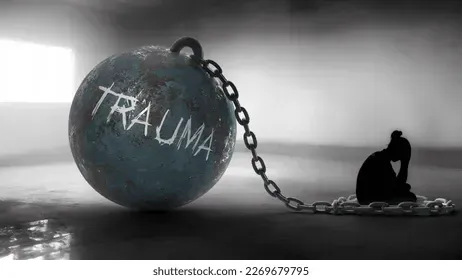
DV trauma can lead to PTSD
Abuse can take many forms, ranging from physical and emotional abuse, sexual assault, verbal abuse, financial/economic abuse, coercive control, and psychological actions or threats meant to harm or influence an intimate partner. It can happen at any age and affects people of all sexual orientations, ethnicities, religions, sexes and socioeconomic backgrounds.
Sadly, abuse victims may experience a wide range of physical and mental health symptoms resulting from domestic abuse trauma, including depression, anxiety, high stress levels, suicidal tendencies, panic attacks, substance abuse disorders, and sexual and reproductive health issues.
When we experience trauma, our brains become micro-focused on what needs to be done next in order to survive - to escape (flight), defend (fight) or immobilise (Freeze). Every other sensory input is essentially put on the back burner while our body and mind dedicates itself to surviving the threat.
Because domestic and family violence is often repetitive and consists of layers of emotional, verbal, psychosocial and/or physical abuse, the compounding affect never enables the mind to have the necessary break to properly process and heal the trauma from one traumatic event to the next, which in turn can cause post-traumatic stress disorder (PTSD).
PTSD is a psychiatric disorder in which a person has difficulty recovering after experiencing or witnessing a terrifying event or due to the compound effect of ongoing trauma.
Symptoms of PTSD are sometimes difficult to establish, as there is often a considerable overlap between PTSD and other mental health conditions but symptoms are normally defined by three overarching categories:
• Avoidance: Avoiding reminders or “triggers” of the traumatic event, such as people, places, smells, sounds, thoughts or events.
• Arousal and reactivity: Sudden inexplicable anger, outbursts, trouble sleeping, always on high alert, hypervigilant, compulsive risk assessment of situaitons, startling easily, paralysing nightmares, or may actually dissociate (check out) shutting down, feeling numb or regularly daydreaming/distant.
• Reliving the event: Being confronted by the emotional trauma of the event suddenly and without an obvious reason, resulting in emotional outbursts, chills, heart palpitations, aggression, extreme anxiety and other symptoms.
Left untreated, PTSD can cause long-term mental health effects, including anger management issues and severe depression and suicidal tendencies, and is believed to increase the likelihood of developing several life-threatening conditions including Type 2 diabetes, heart disease, high blood pressure and substance abuse disorders.
“The likelihood of PTSD increases after a domestic abuse event, and can worsen with recurring exposure to abuse but our patients need to be reassured that the effects can be mitigated through seeking the right support,” says psychologist Sherrin Bell.
Symptoms vary a lot between patients and treating PTSD in domestic abuse victims can be complicated, with no one-size-fits-all treatment. A mental health professional can devise a treatment plan to address specific symptoms but treatment can often be difficult if the patient remains in regular contact with the abuser.
Treatment often involves cognitive behavioral therapy (CBT), which can help victims manage the trauma of their experience. Most CBT based therapies aim to help patients feel safe, regulate their emotions, become more assertive, manage grief and the life transitions that may come with leaving an abuser, and to deal with depression and anxiety. Specialised treatments such as eye movement desensitisation and reprocessing (EMDR) are also reported to be having very successful outcomes for high trauma and PTSD.
Self-care is also really important to the recovery of any level of trauma. In addition to any prescribed medication and receipt of treatment, there are simple lifestyle changes you can make to improve your chance of recovery including:
• Regular exercise to help reduce stress levels.
• Leaning in on a trusted friend or relative for support and resisting the temptation to socially withdraw and isolate yourself.
• Considering what triggers your symptoms and work to better manage or eliminate the triggers and set clear boundaries.
• Get out in the fresh air, listen to great music, work on your sleep patterns, find your passions again avoid alcohol and non-prescribed drugs, eat well and stop the negative self-talk (remember abuse is never the victims fault- ever),
PTSD and high trauma may leave you feeling like you will never recover and return to your former self. But believe us when we tell you that you can move through it and will come out the other side. You need to be kind to you in the process and get the support and therapy you absolutely need. You've got this and it is worth investing in you. x
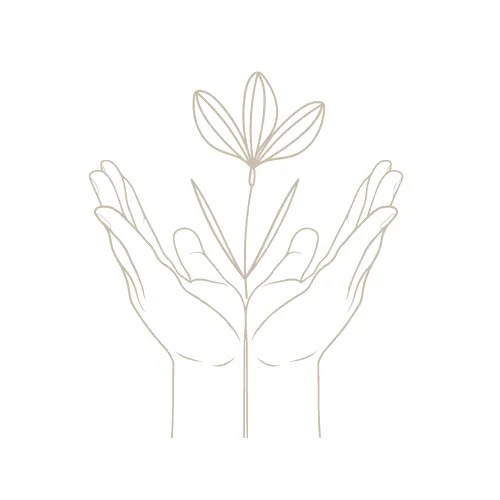

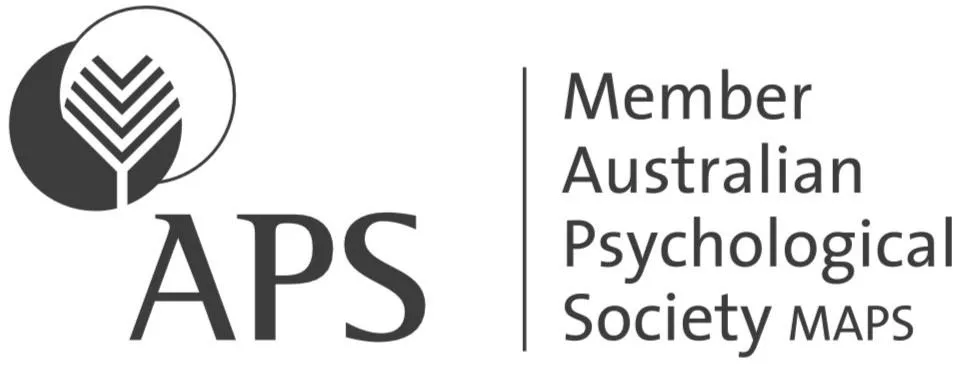
We are committed to protecting your personal information and respecting your privacy. This website uses cookies to analyze website traffic and optimise your website experience. By accepting our use of cookies, your data will be aggregated with all other user data.
DISCLAIMER: The material contained on this website is for general educational and information purposes only and is not a substitute for professional legal, financial, medical or psychological advice or care. While every care has been taken in the information provided, no legal responsibility or liability is accepted, warranted or implied by the authors or Family Counselling Support Network and any liability is hereby expressly disclaimed. For specific advice please contact us at [email protected]. All information contained on the website remains the intellectual property of Family Counselling Support Network and is for your personal educational use only. The information must not be reproduced or distributed without the express permission of Family Counselling Support Network.
We are committed to providing an inclusive and accessible environment where people and communities of all identities and backgrounds are accepted, safe and celebrated.
Privacy Policy | Terms and Conditions
